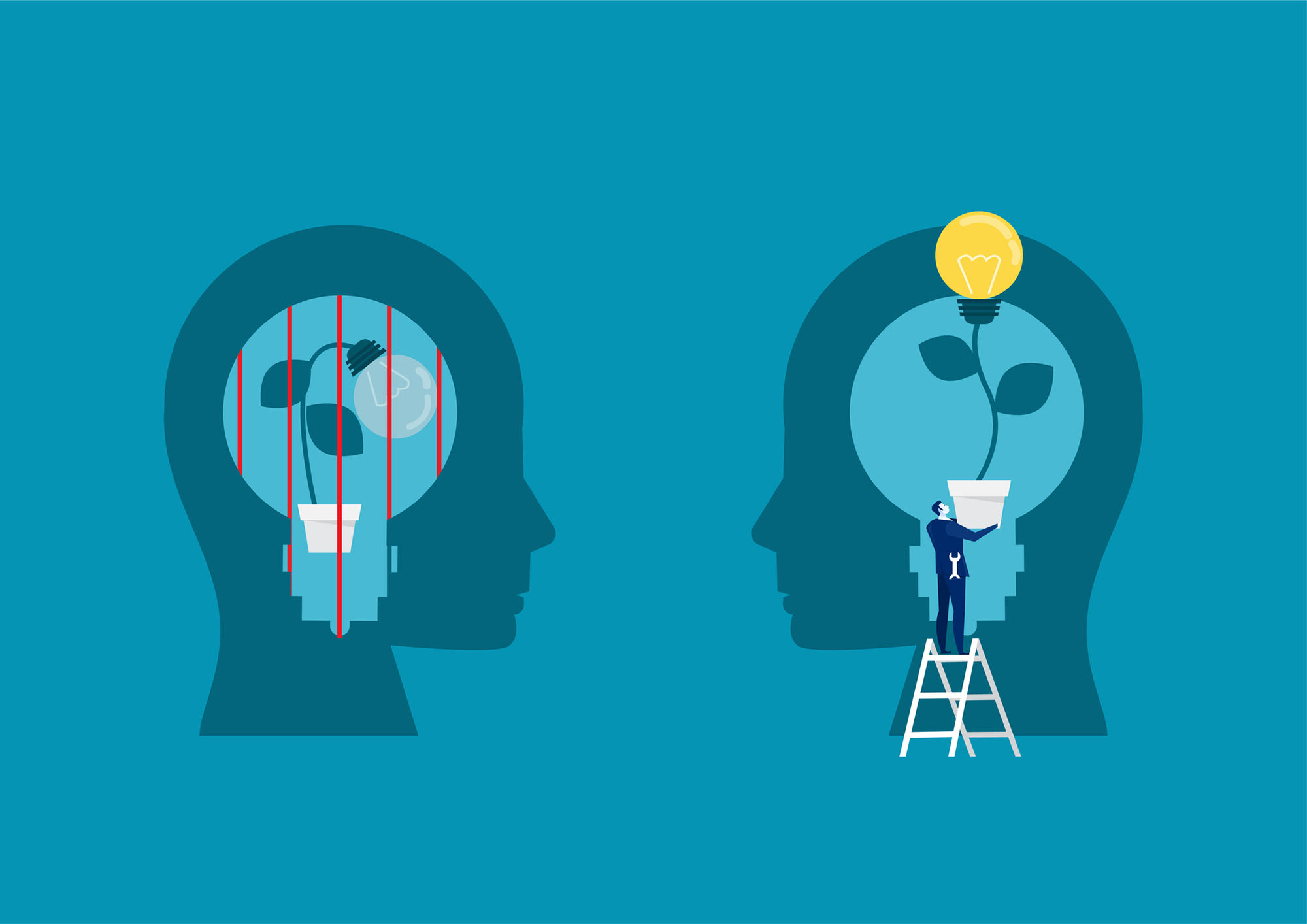-

Teaching: Applying a Growth Mindset to Mental Disorders
Although genetic profiling can provide useful information that can enhance personalized treatment plans for individuals, Ahn and Perricone (2023) argue that learning more about one’s genetic risk for mental disorders can have unintended and potentially negative consequences.
-

Teaching: Are Romantic Relationships Actually Good for Mental Health?
Few psychologists realize that a potent risk factor for psychological disorders has been hiding in plain sight: people’s dissatisfaction with their current romantic relationship. Teach critical thinking about risk factors and relying on scientific evidence rather than intuition.
-

New Content From Current Directions in Psychological Science
A sample of articles on emotional disclosure and social judgment, reconceptualizing recurrent depression, the role of choice in childhood development, and much more.
-

Bringing Contexts In, Taking Racism Out: How to Improve Cognitive Psychology
Podcast: How can researchers reshape cognitive psychology to become more aware of the roles of culture and context? Ayanna Thomas joins APS’s Ludmila Nunes to discuss scientific racism in cognitive psychology.
-

Endless Love: You’ve Got Ideas About Consensual Nonmonogamy. They’re Probably Wrong
Podcast: In this episode of Under the Cortex, Amy C. Moors joins APS’s Ludmila Nunes and demystifies common misconceptions about consensually nonmonogamous relationships.
-
Not Psychohistory. Not the History of Psychology, but Historical Psychology
Wikipedia lists 36 obsolete psychological categories. These include drapetomania, a supposed mental disorder that led enslaved African Americans to run away; hysteria, the host of motor, psychic and sensory disturbances that were supposedly gender-aligned; and neurasthenia, the fatigue

